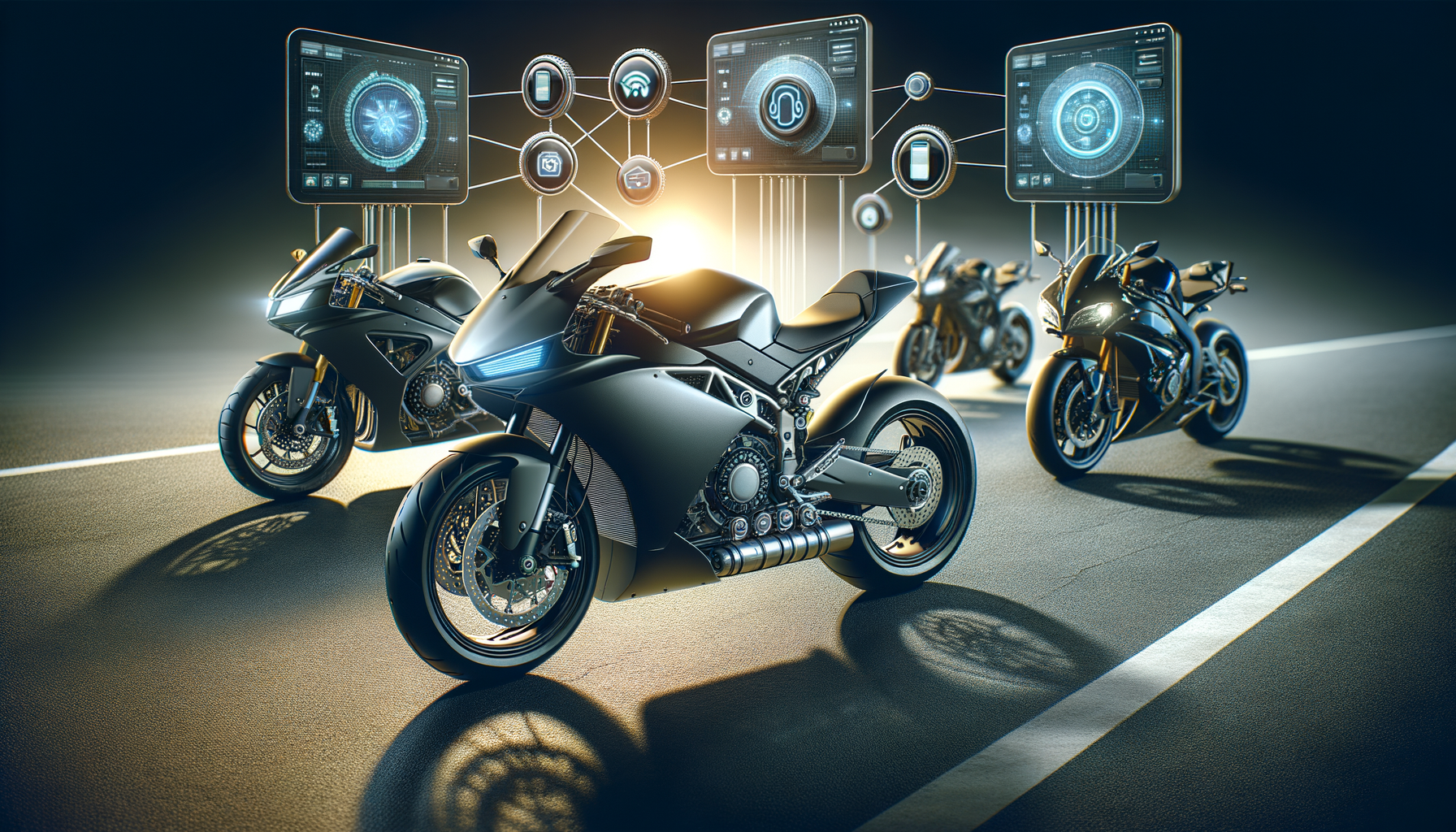The Evolution of Motorbikes: From Simple Machines to Smart Vehicles
Motorbikes have come a long way since their inception. Initially, they were mere mechanical marvels, providing a simple yet effective means of transportation. Over the years, technological advancements have transformed these machines into sophisticated vehicles equipped with modern amenities. One of the most significant innovations in recent times is the integration of device management systems, which have revolutionized the way riders interact with their motorbikes.
These systems allow for real-time monitoring and control of various aspects of the bike, enhancing both safety and convenience. Riders can now access engine diagnostics, track their routes via GPS, and even receive alerts about maintenance needs. This evolution from simple machines to smart vehicles is not just a technological leap but also a cultural shift, as riders now expect more from their motorbikes in terms of connectivity and functionality.
Understanding Device Management Systems in Motorbikes
Device management systems in motorbikes are akin to having a digital assistant for your vehicle. These systems provide a centralized platform where all the vital statistics of the bike are displayed. From engine performance and battery health to GPS tracking and security features, these systems offer a comprehensive overview of the motorbike’s status.
The integration of such systems is particularly beneficial for fleet operators who manage multiple vehicles. They can track the location and performance of each bike, ensuring optimal operation and reducing downtime. For individual riders, these systems offer peace of mind by providing timely alerts for maintenance, thus preventing unexpected breakdowns.
In essence, device management systems are setting a new standard in the motorbike industry, providing a blend of efficiency, safety, and real-time control that was previously unimaginable.
Benefits of Connected Motorbikes for Riders and Fleet Operators
Connected motorbikes offer a plethora of benefits that cater to both individual riders and fleet operators. For riders, the primary advantage lies in enhanced safety and convenience. With real-time access to engine diagnostics and battery health, riders can address potential issues before they escalate into major problems. GPS tracking ensures that riders can navigate unfamiliar routes with ease, while security features provide an added layer of protection against theft.
Fleet operators, on the other hand, benefit from the ability to monitor multiple vehicles simultaneously. Device management systems enable operators to track the location and performance of each bike, optimizing routes and reducing fuel consumption. This level of control not only improves operational efficiency but also reduces maintenance costs, as potential issues can be addressed promptly.
Overall, connected motorbikes represent a significant advancement in the industry, offering a range of benefits that enhance the riding experience for individuals and streamline operations for fleet managers.
The Future of Motorbikes: Innovations on the Horizon
The future of motorbikes is poised to be even more exciting with ongoing innovations in device management systems and connectivity. As technology continues to evolve, we can expect motorbikes to become even more integrated with smart devices, offering seamless connectivity and enhanced user experiences.
One of the key areas of development is the integration of artificial intelligence (AI) into device management systems. AI can analyze data from the bike in real-time, providing predictive maintenance alerts and optimizing performance based on riding habits. Additionally, advancements in battery technology and energy management systems are likely to lead to more efficient and environmentally friendly motorbikes.
These innovations promise to make motorbikes not only more efficient but also more enjoyable to ride, as they become increasingly attuned to the needs and preferences of their users.
Conclusion: Embracing the New Era of Connected Commuting
In conclusion, the integration of device management systems in motorbikes is ushering in a new era of connected commuting. These systems provide riders and fleet operators with unprecedented levels of control and convenience, enhancing safety and efficiency. As technology continues to advance, the potential for further innovations in the motorbike industry is immense.
For riders, this means more than just a mode of transportation; it means having a smart companion on the road. For fleet operators, it translates to streamlined operations and reduced costs. Embracing these advancements is not just about keeping up with the times but about enhancing the overall riding experience and operational efficiency.
As we look to the future, it is clear that connected motorbikes are here to stay, setting new standards and redefining what it means to commute in the modern world.


Leave a Reply